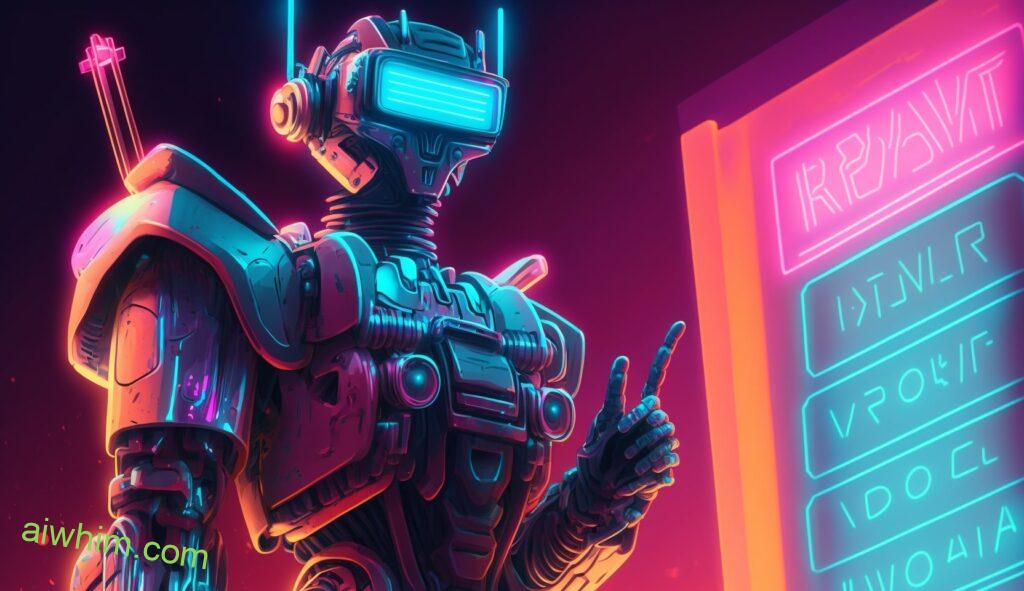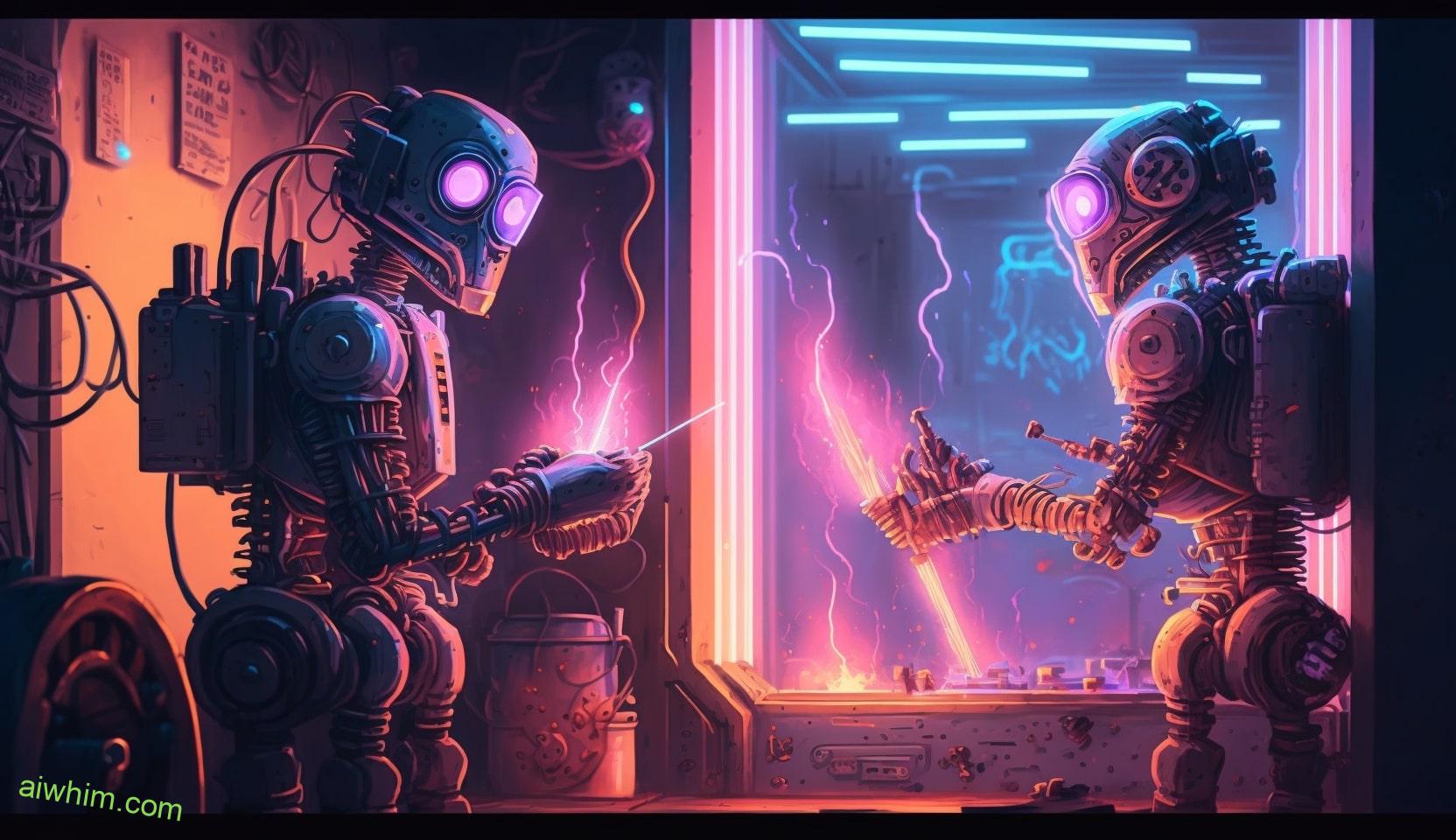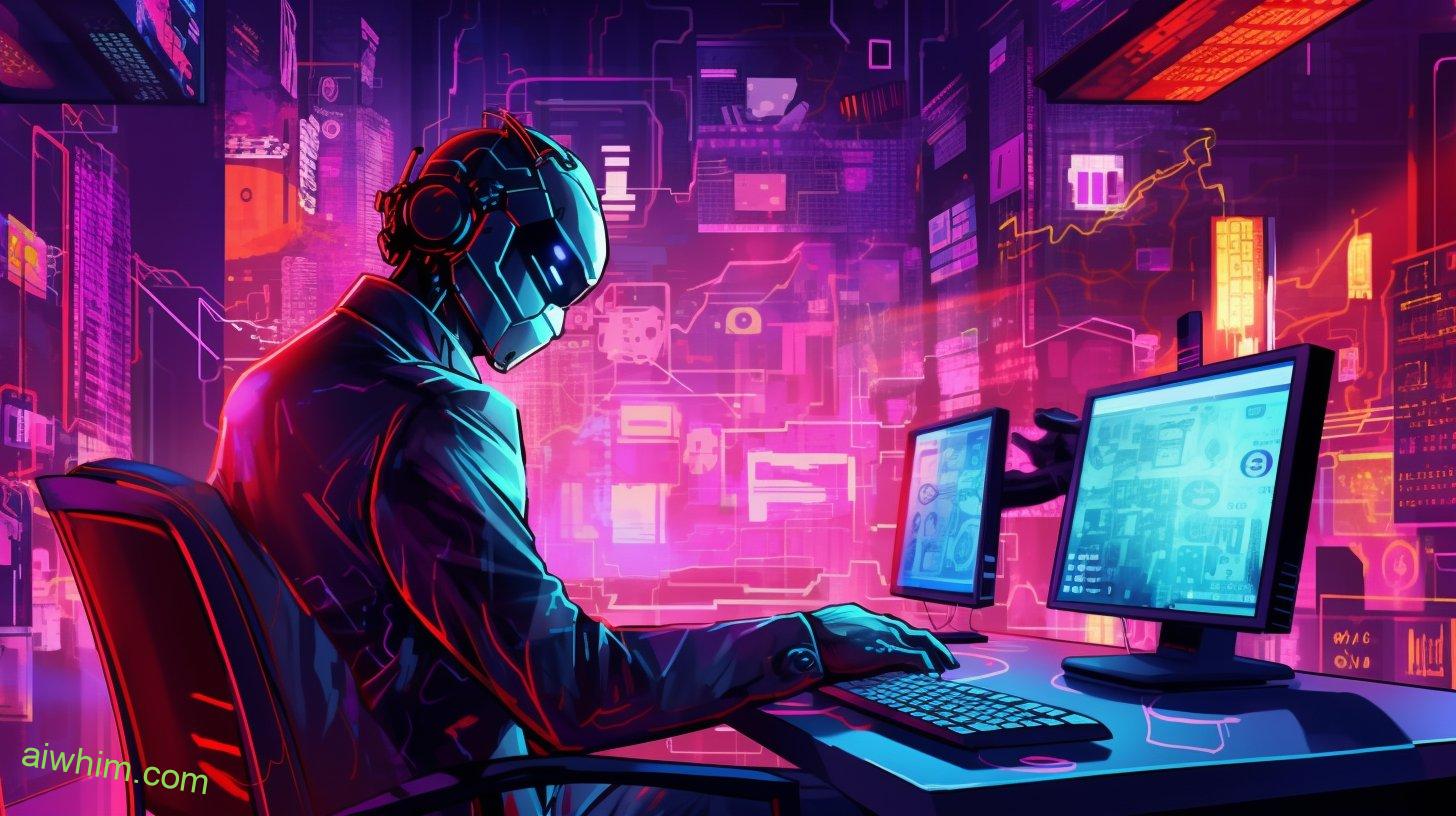Have you ever wondered if your job as a Tour Guide might be replaced by Artificial Intelligence (AI)? The idea of robots taking over human jobs is no longer the stuff of science fiction; it’s now becoming a reality. AI has already begun to impact many industries, creating new opportunities and challenges for workers. But what about tour guiding — could this profession soon become automated? In this article, we’ll explore whether there is a risk that Tour Guides will be replaced by AI in the near future.
We will consider the various ways in which AI may replace Tour Guides and discuss some of the potential benefits and drawbacks for people working in this field. We’ll also take a closer look at how such technology might impact tourists themselves and society more broadly. So let’s dive in and find out just how much danger there is from AI encroaching on one of humanity’s oldest occupations: Tour Guiding!

Definition Of Artificial Intelligence (AI)
Artificial Intelligence (AI) is a broad term that encompasses the ability of machines to process data, learn from it, and make decisions without human intervention. AI has been around for decades, but recent advances in technology have allowed computers to perform more complex tasks than ever before. Through powerful algorithms and machine learning techniques, AI can now complete tasks such as facial recognition, natural language processing, automated driving, and even game playing.
AI works by simulating human intelligence through computer programs. These programs are designed to take input data and produce output based on predetermined criteria or rules. This means that AI systems can understand what humans say or do and then act accordingly – just like a tour guide! They can also recognize patterns in large sets of data and use this information to predict future behavior with greater accuracy than humans could alone.
So when it comes to replacing jobs as tour guides with AI systems, there may be some risk involved – depending on how advanced the system is. But overall, AI’s potential benefits far outweigh its risks if used responsibly; so while you should still remain vigilant about new developments in the field of artificial intelligence, there’s no need to worry too much right now.
By the way, discover if tour guides made it onto the list of the 100 jobs most prone to AI automation. Explore our study for more details by clicking the link to the article.
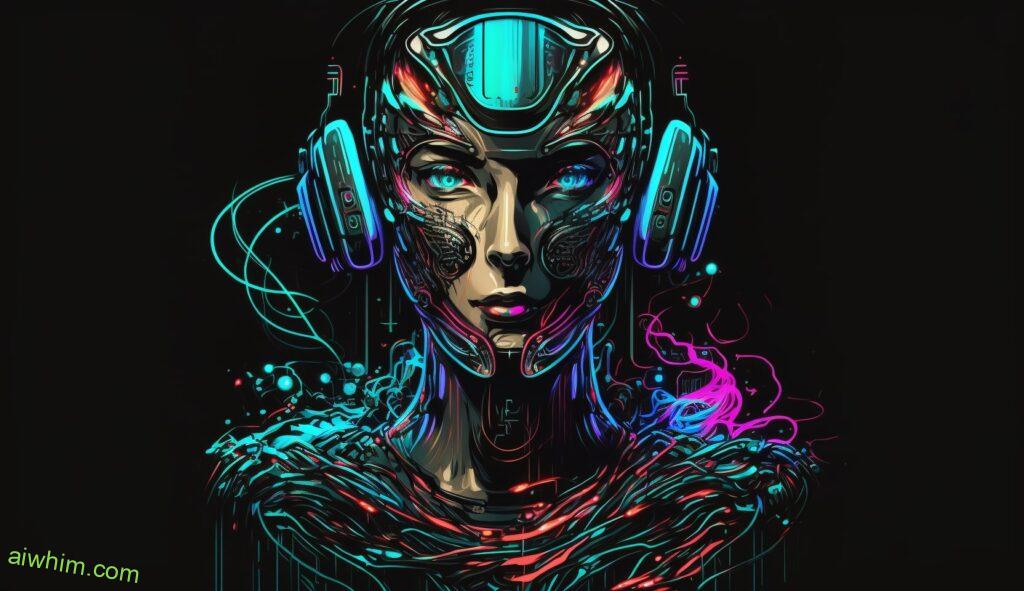
Benefits Of AI In The Tourism Industry
One example of Artificial Intelligence (AI) being used in the tourism industry is Marriott International’s chatbot “Connie”. Connie has been trained to answer customer questions about hotel amenities, reservations and other services related to their stay.
The use of AI in the travel industry offers many benefits for both customers and tour guides alike. Here are three advantages that can be seen:
- Cost Savings – Automation reduces overhead costs such as those associated with hiring additional staff or paying for extra training sessions. This means businesses can save money on labor-related expenses while still providing a quality service.
- Improved Customer Service – AI powered technology enables travel companies to provide more personalized experiences tailored to each individual traveler’s needs. By understanding customers better, companies can offer them more relevant recommendations and discounts which will increase satisfaction levels among customers and improve brand loyalty over time.
- Increased Efficiency – Automation helps streamline processes and eliminates manual tasks involved in making bookings or updating information on websites etc., allowing tour guides to focus their efforts on creating memorable experiences rather than dealing with mundane administrative duties.
AI may eliminate certain roles within the travel sector but it also opens up new opportunities too; from developing machine learning algorithms to working on data analysis projects that utilize guest feedback insights collected by AI-powered tools. Tour operators should embrace this technology as an asset rather than fear its potential implications for jobs within the industry, ultimately leading towards increased efficiencies and improved customer service outcomes overall.
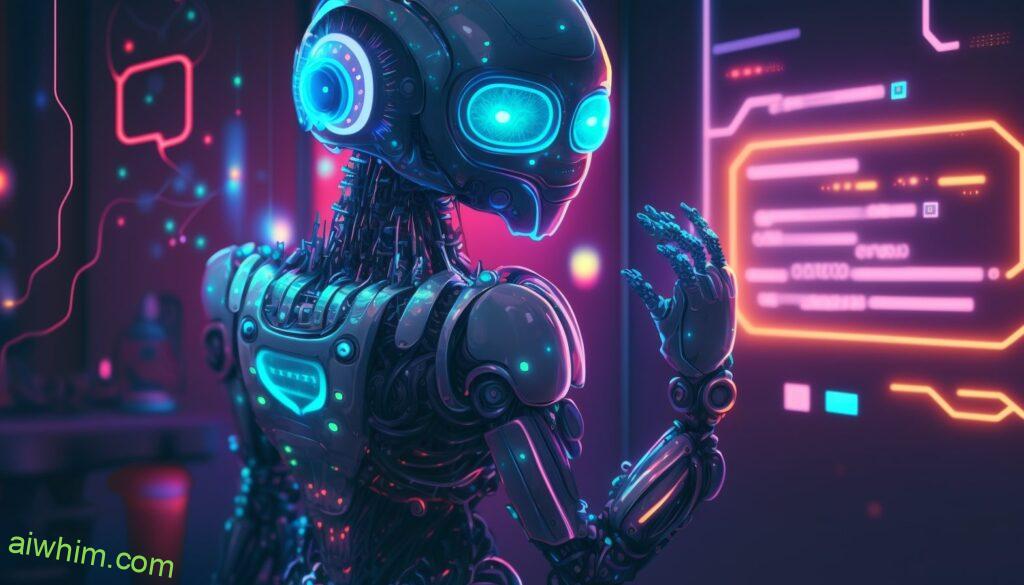
Potential Impact On Tour Guide Jobs
The potential of artificial intelligence (AI) replacing tour guide jobs is a serious issue. AI technology has made great strides in recent years, and with advancements like robotic tour guides already appearing in certain locations, it’s clear that this is an industry ripe for disruption.
For those currently holding positions as tour guides, the worry over their job security is understandable. But despite the looming threat from AI, there are some aspects of being a tour guide that can’t be replicated by machines – at least not yet. Tourists still crave authentic interactions with human beings who have knowledge about the destination they’re visiting; something which robots are not able to provide. Furthermore, given how complex tourism operations often are, relying on AI could prove difficult or even impractical for many companies – especially when things don’t go according to plan.
It’s important to remember that while we may see more automated tourist experiences in the future, these will likely supplement rather than replace traditional tours guided by people. Tourist attractions need to strike a balance between offering unique experiences and keeping costs low – both of which require real humans dedicated to providing excellent customer service. Ultimately then, if you’re looking for a career as a tour guide now or in the near future, rest assured your job should remain safe for the foreseeable future!
AI Technology And Automation In Tourism
AI technology and automation in the tourism industry is an increasingly popular trend. With the influx of advanced technologies, it begs the question: Is there a risk that your job as a tour guide will be replaced by AI? To answer this question, we must look at how AI technology has already impacted the tourism sector and what potential risks may arise from its increasing presence.
First, AI technology has been used to automate mundane tasks like booking flights or hotels. This allows for greater efficiency and convenience for customers who are travelling abroad. It also makes travel planning easier for tour guides since they no longer have to manually coordinate logistics with third parties.
Second, AI can provide personalized recommendations based on individual preferences which ensures tourists receive a tailored experience whenever they visit a new destination. For example, some travel applications use machine learning algorithms to suggest activities or restaurants for travelers depending on their interests and budget limits.
Finally, AI-enabled chatbots are becoming more commonplace in the tourism industry due to their ability to quickly respond to customer inquiries without requiring human intervention. Tourists can now get quick answers regarding flight times or tourist attractions through these interactive bots which eliminates any wait time associated with traditional customer service centers.
In summary, while there is still room for improvement when it comes to artificial intelligence in the tourism industry, it’s clear that automation offers numerous benefits for both customers and tour guides alike:
- Automation streamlines mundane tasks like booking flights
- Personalized recommendations allow tourists to tailor their experiences
- Chatbot technology reduces wait times associated with traditional customer service – Automation can provide valuable insights into customer behavior and preferences
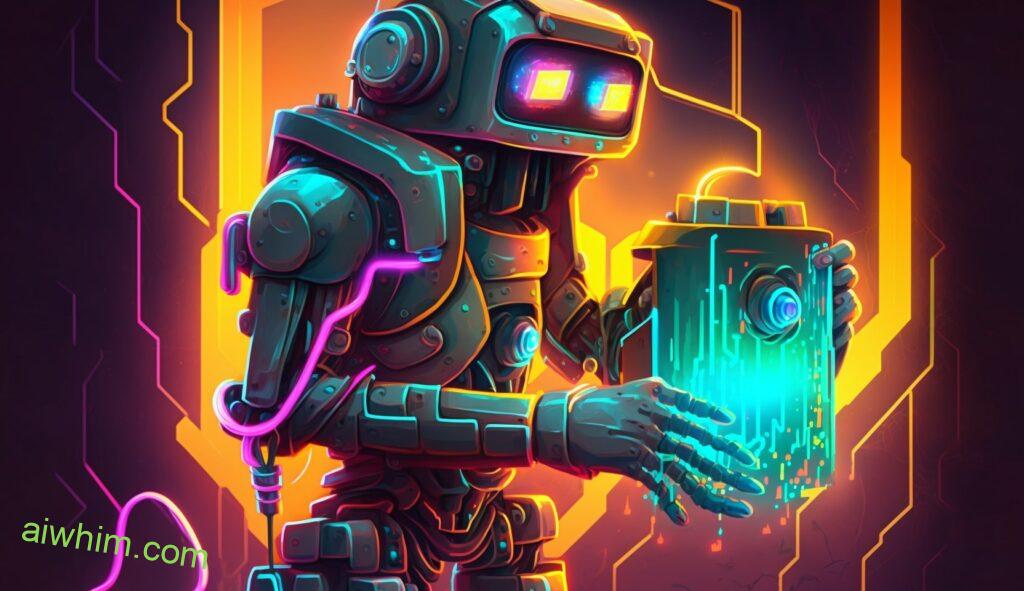
Challenges For Human-Led Tours
The notion of a tour guide being replaced by AI is not just an idle threat – it’s becoming increasingly possible. While technology can provide us with a wealth of information, it cannot replace the personal touch and human connection that comes from having someone to show you around. The challenge for those leading tours is to find ways to stand out in this world of automated services.
To start, guides must be able to captivate their audience; they need to grab people’s attention and keep them engaged throughout the journey. This could involve using storytelling techniques or interactive activities like quizzes and treasure hunts – anything that goes beyond simply reading facts off a script. They should also strive to create an immersive experience for visitors, providing context about what they are seeing and allowing them to explore at their own pace. An experienced tour guide will know how to draw on local knowledge and traditions, creating links between past and present events which helps make history come alive for participants.
For many travelers, nothing beats the joy of discovering something new on their travels – but there’s no denying that humans still have the edge when it comes to connecting with visitors on a deeper level. With thoughtful guidance from knowledgeable tour leaders who bring enthusiasm and personality into their work, tourists can gain invaluable insights into hidden gems as well as uncovering fascinating aspects of culture that would otherwise remain undiscovered. In other words, while machines may be able to do parts of a job faster than tour guides ever could, only humans can offer experiences that truly enrich our lives.

Advantages Of AI-Led Tours
AI-led tours can offer a number of advantages that may not be possible with human tour guides. The main benefits include:
- Increased accuracy and efficiency in delivering information due to AI’s ability to quickly access data and provide an unbiased opinion.
- Accessibility for tourists who are unable to be physically present on the tour, such as those with physical disabilities or language barriers.
- Customization options allowing the tourist to tailor their experience based on personal preferences.
The use of AI-led tours could also help reduce costs associated with offering guided experiences. By automating certain tasks, businesses would no longer need to hire additional staff which would save them money in wages and other training expenses. Moreover, it could allow companies to expand their services by reaching more people than ever before through virtual tours offered online.
Overall, artificial intelligence has the potential to revolutionize the tourism industry by providing accessible and economical services customized to each customer’s individual needs. With its cost effectiveness, increased accuracy, and accessibility advantages, AI-led tours are becoming increasingly popular among tourists looking for unique experiences
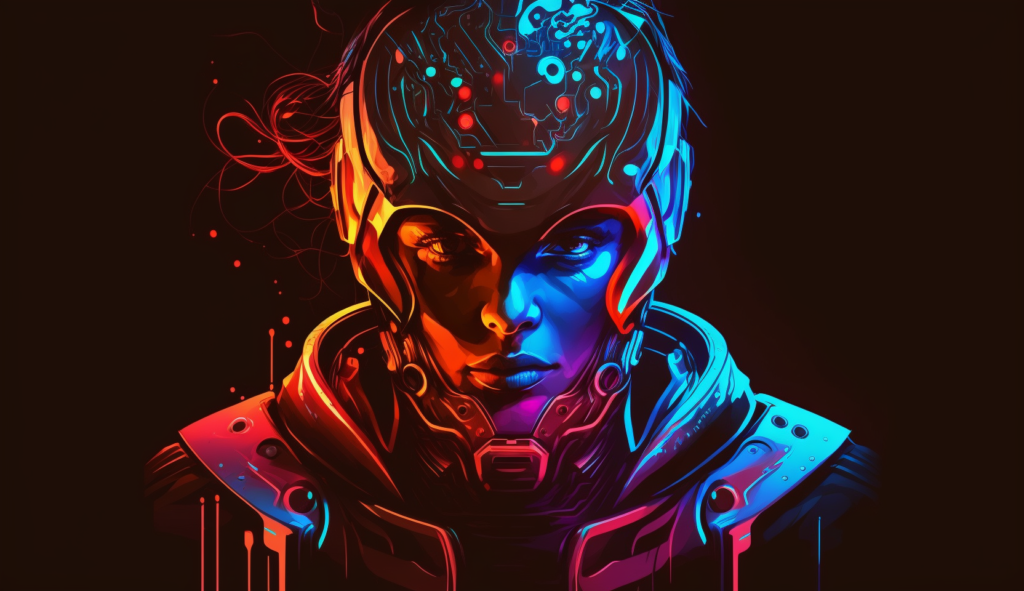
Disadvantages Of AI-Led Tours
As the sun rises, casting its golden rays upon the ancient ruins of Rome, one can’t help but feel a sense of awe and appreciation for humankind’s rich history. While AI-led tours may be able to provide an organized tour with accurate facts about historical sites and monuments, there are many disadvantages to relying on them rather than traditional human guides.
Firstly, language barriers come into play when using AI as a guide – though it might be able to understand English commands or queries from tourists, it is unable to explain complex ideas in various languages. Tourists who speak different languages other than English would have difficulties understanding the information provided by AI-led tours. Furthermore, while AI can recognize basic facial expressions and emotions, it lacks the ability to empathize with visitors and make personal connections that experienced human tour guides have perfected over time.
Furthermore, robots do not possess creativity or spontaneity – they cannot improvise if something unexpected comes up during a tour. For instance, if a group gets lost within an unfamiliar maze of streets or alleys in a foreign city, only a knowledgeable human guide would know exactly how to navigate back safely. Additionally, robots lack the capacity for improvisation; humans are more adaptable and flexible in such situations compared to machines.
It is clear that although AI-led tours offer some advantages like convenience and cost savings due their automated nature, their lack of empathy and creative problem solving skills still makes them far inferior when compared to traditional human guides who bring invaluable knowledge and experience along with warm hospitality every step of the way.
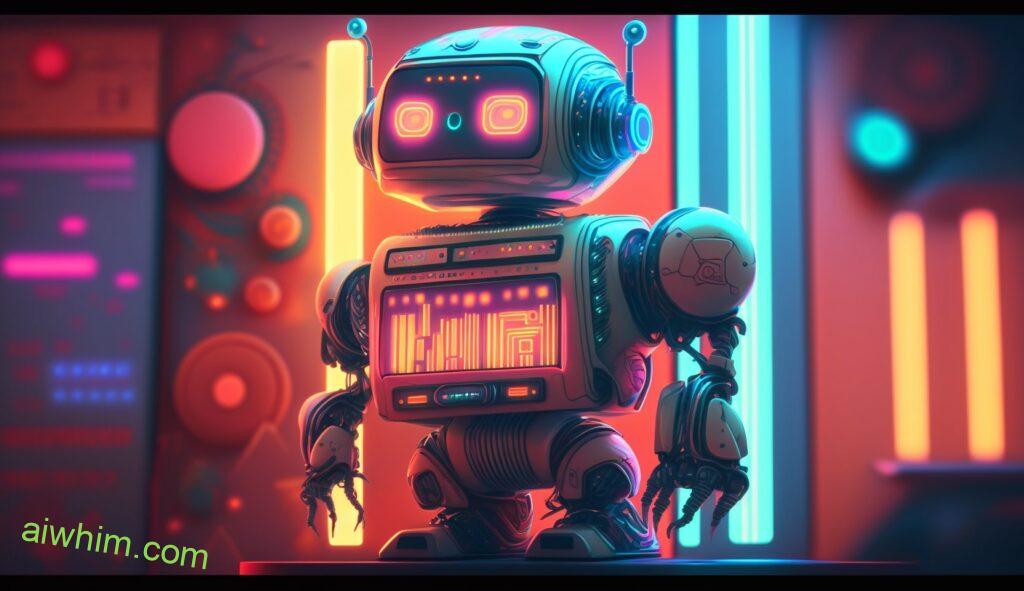
Risks Associated With AI Replacing Human Jobs
The risk of AI replacing human jobs is real. With the development of technology, many industries are beginning to consider utilizing Artificial Intelligence (AI) in place of humans for certain functions. This has caused a great deal of concern among workers who fear their job may be at stake.
There are various risks associated with having AI replace human labor. Firstly, AI can’t replicate all aspects of what humans do. For example, a tour guide needs to provide engaging stories and interact with customers on an emotional level; something that machines simply cannot do yet. Furthermore, increasing automation in some roles could lead to fewer employment opportunities overall, as well as impacting wages by driving them down due to increased competition from robots or algorithms.
Finally, there’s also no guarantee that introducing AI into workplaces will actually result in more efficiency or cost savings for businesses. In fact, it could end up being more costly if companies have to spend money training employees on how to use the new technology effectively or investing in software upgrades when needed. All these factors should be taken into consideration before any decisions about using AI instead of people are made.
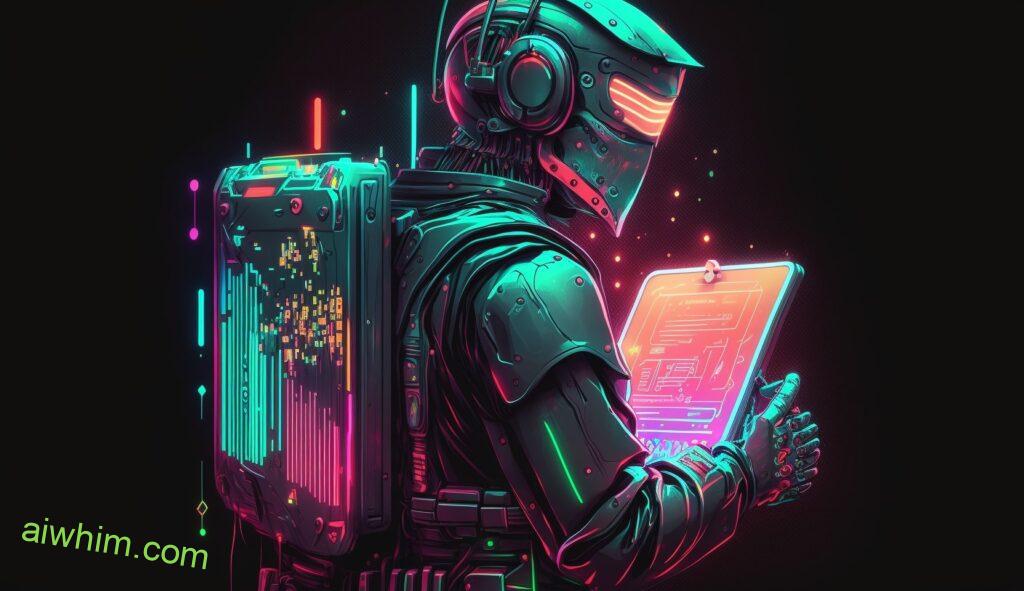
Role Of Government Regulations
As the world progresses and AI takes over more jobs, it is becoming increasingly clear that government regulations are needed to protect workers from potential job loss. From tour guides to factory line workers, no one should be left behind in the wake of advancing technology.
The role of governments must be emphasized when considering the risk that a job may be replaced by AI. Governments have an obligation to establish rules and regulations to ensure ethical use of automation and work towards economic development without leaving vulnerable groups out of the equation.
Here are four points for governments to consider:
- Establishing policies for responsible automation implementation;
- Upholding laws that guarantee just compensation for displaced workers;
- Introducing training programs to help people transition into new roles;
- Offering incentives to employers who embrace re-skilling initiatives.
These steps will go a long way in encouraging businesses to adopt socially responsible strategies while also protecting the interests of their employees. By establishing such measures, governments can effectively minimize disruption caused by technological advancement, allowing individuals affected by job losses due to AI to gain other employment opportunities with ease.
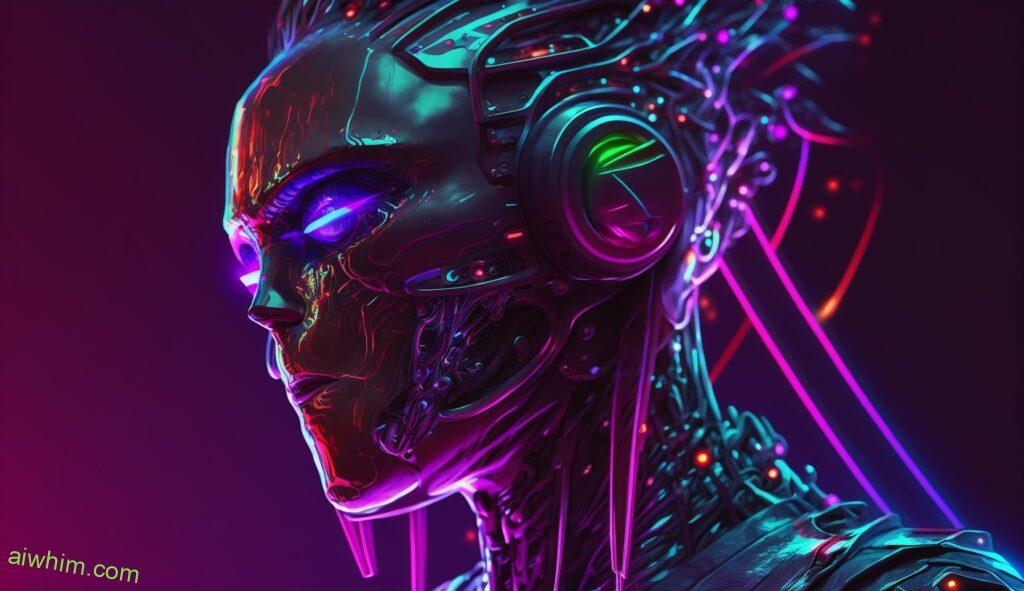
The Future Of Tourist Experiences With AI
AI technology has the potential to revolutionize tourism and the way people experience destinations. Its ability to automate tasks, provide personalized experiences, and analyze data could significantly improve tour services for travelers. AI-driven systems can use customer preferences to create custom tours that focus on their interests. They can also provide real-time guidance throughout a journey, making it easier for tourists to navigate unfamiliar environments. Tour guides won’t be replaced by AI anytime soon though; instead they will become more of an interface between customers and automated technologies.
The introduction of AI into the tourism industry presents both opportunities and challenges. For example, while AI could help reduce costs associated with manual labor, it may also lead to job losses in certain areas such as customer service or tour guiding roles. On the other hand, AI could open up new positions within the sector such as programming jobs related to machine learning algorithms or software development work required for managing large datasets used by virtual assistants.
Overall, AI will likely have a big impact on how we experience travel in the future. Automated systems are already being integrated into some tourist activities; but there is still much room for innovation as developers continue refining these technologies over time. With its capacity to personalize experiences based on individual needs, generate tailored journeys at scale, and offer navigation support when navigating a foreign environment -AI may soon emerge as one of the most powerful tools for exploration and discovery.
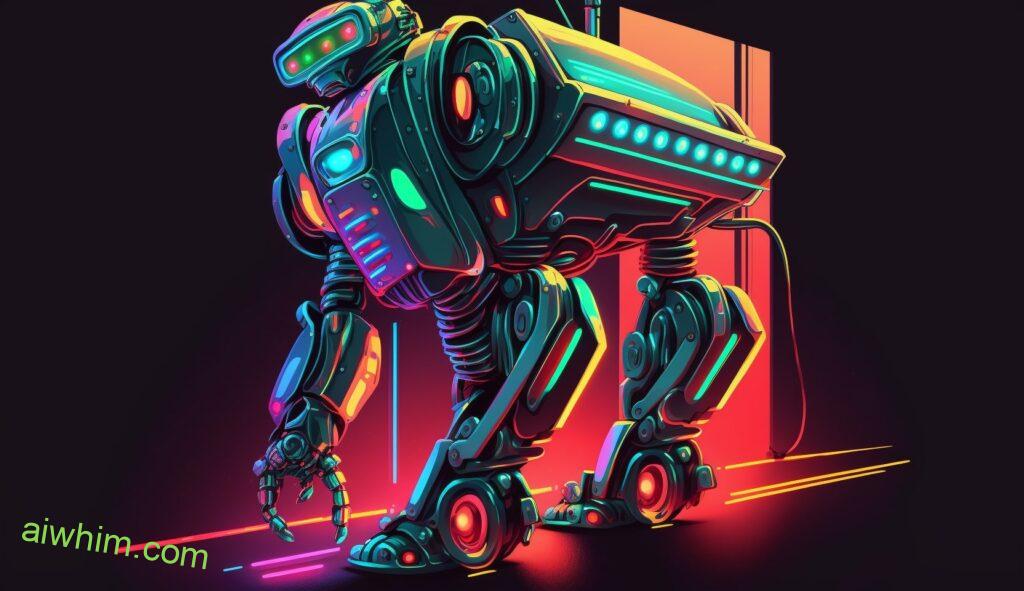
Role Of Human Guides In An Automated World
As AI technology has become increasingly advanced and capable of taking on more complex tasks, it is only natural to wonder if the role of a human tour guide will eventually be replaced. To answer this question, we must first examine both the advantages and disadvantages that come with relying on automation in terms of tourist experiences.
On one hand, automated tours have many benefits; they are cost-efficient for businesses, require little maintenance or supervision from staff members, and can offer tourists an immersive experience without having to wait for a live guide. Furthermore, AI tools such as virtual reality (VR) headsets can provide travelers with detailed information about each destination while allowing them to explore at their own pace. In essence, these technologies could make tourism much simpler and more enjoyable than ever before.
However, no matter how sophisticated artificial intelligence becomes, there are certain aspects of touring that cannot be replicated by machines. A personal touch is often essential in order to make visitors feel welcome and comfortable when exploring new places. Moreover, knowledgeable guides can add value to trips by providing cultural context around what guests are seeing and offering insights into local customs that may not be accessible through other means. As a result, human guides remain invaluable resources even as AI advances further into the realm of tourism services.
In short: despite its potential to revolutionize the industry with its efficiency and convenience, automation will never fully replace the unique perspectives provided by experienced tour guides who understand their surroundings intimately. Tourists still seek out personalized guidance from experts whenever possible – something which robots simply cannot replicate regardless of their expertise level.

Training And Education For Human Tour Guides
The role of the human tour guide is an invaluable one; their presence and knowledge enriches a tourist’s experience. However, it can be argued that many tour guides lack sufficient training or education in order to provide accurate information about the places they visit. For this reason, effective training and education for tour guides should be encouraged.
Firstly, when hiring new staff, employers should ensure that potential candidates are up-to-date with current regulations and safety standards. This could involve attending regular industry seminars as well as refresher courses on relevant topics such as first aid and customer service skills. In addition to this, tours should also contain detailed background information about each destination so that tour guides have all the facts at hand before beginning any trip.
Furthermore, if possible, employers should consider providing more extensive educational opportunities for their existing employees too – these may include visits to heritage sites or museums which will allow them to gain a deeper understanding of local history and culture. As well as increasing their own knowledge base, this exposure could help bring fresh ideas into workplace conversations among colleagues.
In light of this, it becomes apparent that investing in specialist training for tour guides is essential to ensure tourists receive reliable information during their trips. Ultimately, taking steps like these will not only improve the quality of a tourist’s experience but also guarantee job security for human tour guides – something which cannot be said for AI just yet!
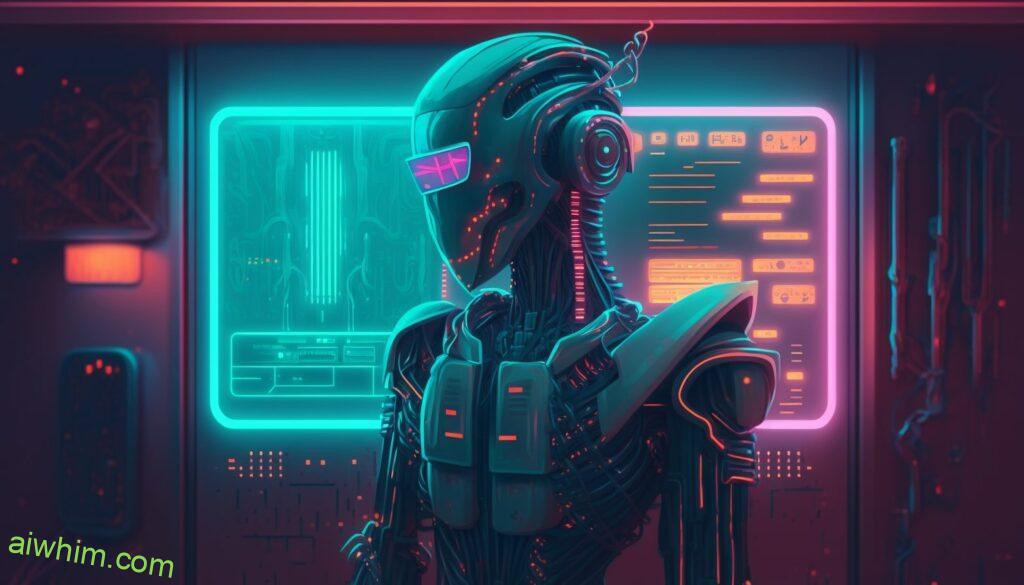
Collaboration Between Humans And Machines
Going from training and education for human tour guides to collaboration between humans and machines is a significant transition. Despite the potential of artificial intelligence (AI) replacing traditional tour guide roles, there are many advantages that arise out of this partnership. Human-machine collaborations create an opportunity to enhance experiences while maintaining current standards of service with greater efficiency and accuracy.
Humans can bring passion, emotion, creativity, empathy and language skills to the table which AI has yet to achieve; all essential components in providing a memorable experience on any given tour. By integrating technology such as augmented reality into their tours, automated agents would be able help visitors explore sites more deeply than ever before. For example, they could use virtual representations of events or people at certain locations – something physical guides cannot do alone without relying heavily upon audio equipment or printed materials which may not always be available.
On the other hand, AI agents have the capacity to store vast amounts of data about destinations including historical facts and information about attractions. This allows them to provide a comprehensive overview when needed as well as respond quickly and accurately to frequently asked questions by tourists. Additionally, it’s possible for AI agents to operate around the clock without taking breaks or suffering from fatigue – something humans simply cannot replicate due to their need for rest and recuperation time. As such, using machine agents could ensure visitors receive better support throughout their journey whilst freeing up time for human guides who can then focus on engaging activities instead.
This combination of human expertise coupled with technological capabilities provides endless possibilities in terms of enhancing tourist experiences far beyond what either element could attain independently. It’s clear that these two entities working together will ultimately benefit both customers seeking an authentic adventure along with businesses striving towards delivering quality services safely and efficiently – allowing tourism operators to remain competitive within today’s digital world going forward.
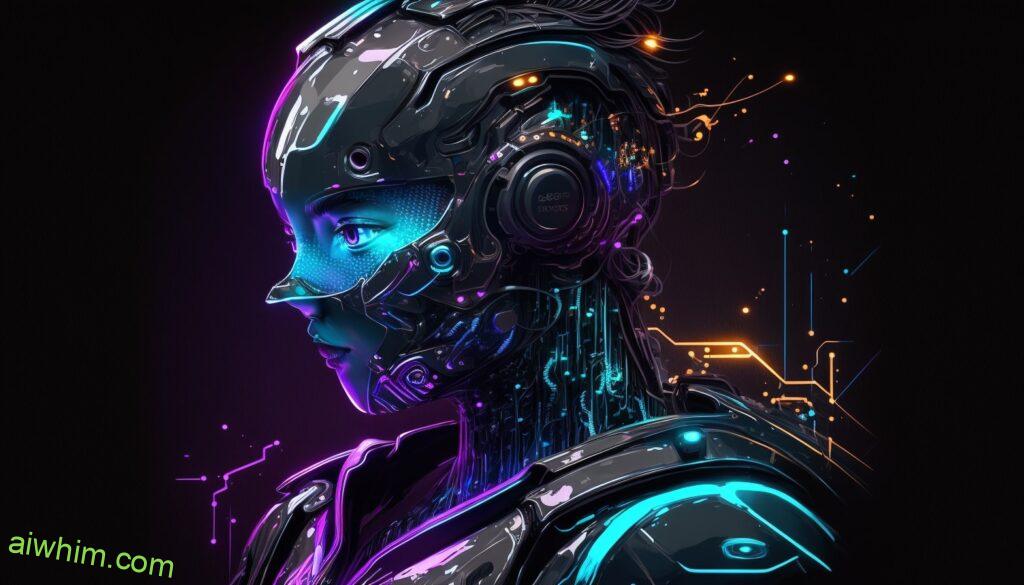
Potential Opportunities Created By AI In Tourism
Who would have thought that AI could be a potential opportunity in the tourism industry? Well, it turns out that AI may actually be beneficial to those working as tour guides! Irony aside, AI can play an important role in creating more efficient and enjoyable travel experiences.
For example, AI-powered chatbots can help with customer service inquiries by providing quick answers and personalized recommendations for attractions. This allows customers to get the information they need quickly and easily without having to wait long periods of time for assistance from a human representative. Additionally, AI-driven technologies such as facial recognition can make check-in processes easier and faster at hotels or airports.
Moreover, AI can also improve the overall experience of visiting tourist sites. For instance:
- Virtual reality (VR) tours using artificial intelligence can provide immersive experiences that give people an idea of what a place looks like before they visit it.
- AI-enabled robots can be used as interactive tour guides at museums or historical sites to explain exhibits or artifacts in great detail.
- Autonomous vehicles powered by machine learning algorithms are being developed for use on public transportation networks across cities, making traveling around town much smoother and hassle free.
- Voice assistants can direct travelers to their desired destination while delivering helpful tips along the way.
AI’s ability to process vast amounts of data makes it perfect for helping travelers plan trips efficiently and find exactly what they’re looking for when visiting new places—allowing them to enjoy their vacation even more! So instead of worrying about whether your job will be replaced by AI in the future, you should think about how this technology could potentially open up exciting new possibilities both for yourself and other tourists alike .
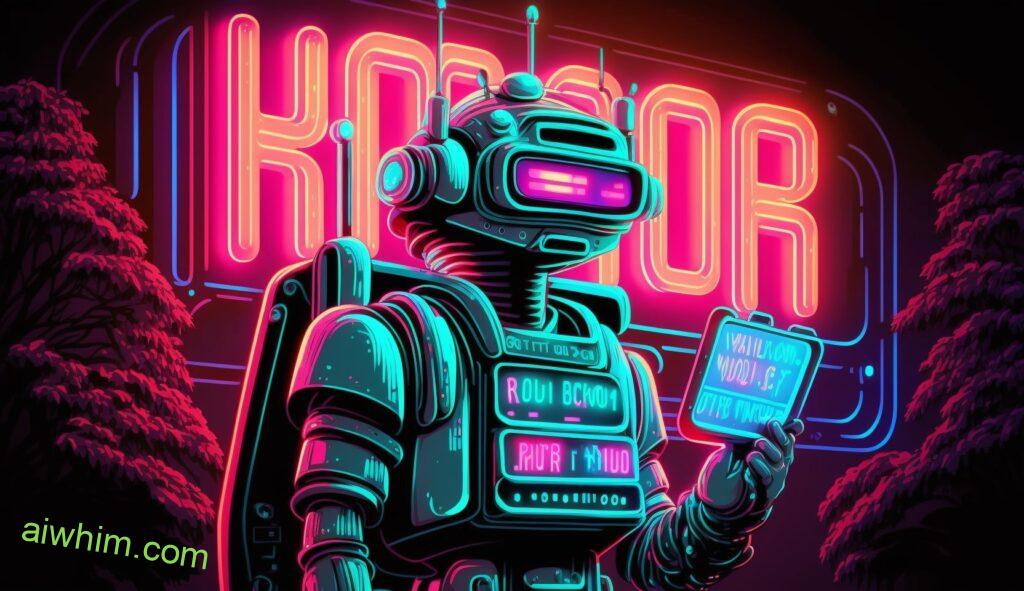
Implications For The Global Economy
As technology advances, so too do the implications for the global economy. AI-driven tour guides have the potential to revolutionize tourism and open up new opportunities around the world. However, this advancement also carries risks. With automated systems taking on more roles in hospitality and tourism, there is a real possibility that jobs currently done by human tour guides will be replaced or at least greatly reduced in some markets.
AI-driven tours could reduce costs dramatically due to its automation capabilities, which would benefit businesses as well as consumers worldwide. This cost reduction has far reaching consequences; it could make vacationing more affordable while increasing profits of tourist destinations across the globe. But with less need for manual labor from tour guides, wages may decrease along with job security. In certain areas where tourism accounts for a significant portion of total employment, this displacement of workers could lead to economic destabilization if not addressed properly.
To ensure a smooth transition into an AI-powered future of travel & leisure services, governments must tap into resources to develop initiatives that can offer alternative livelihoods for those whose current occupations are being threatened by technological advancements such as AI-driven tours. Furthermore, careful consideration should be given to how these technologies are implemented and regulated so that their use does not disadvantage any particular group or sector within society. With thoughtful planning and policymaking, an equitable landscape can be created that takes full advantage of the potential benefits while mitigating potential downsides brought on by AI’s increased presence in the industry.
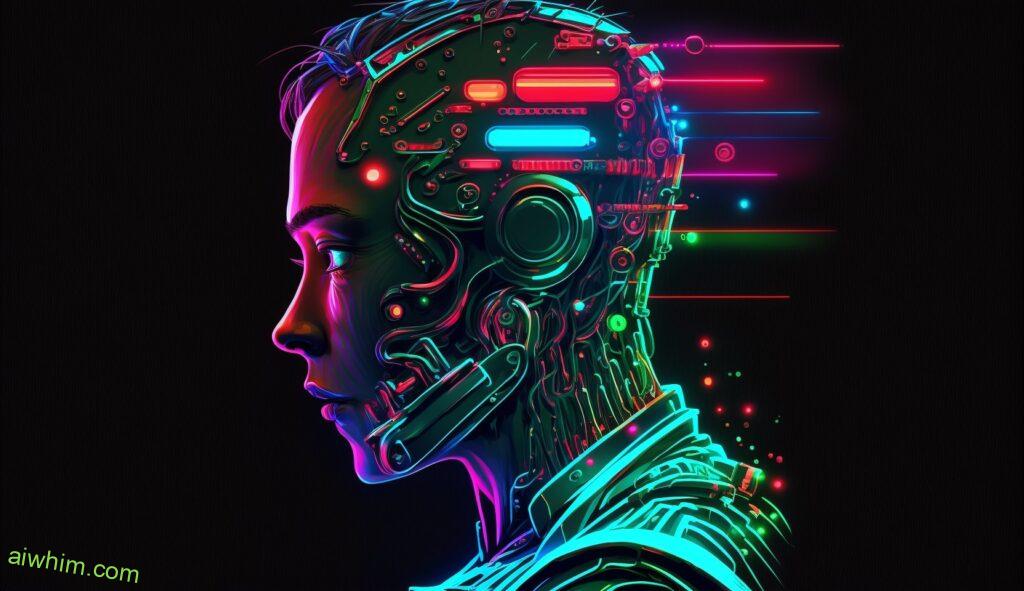
Summing It Up
The potential of AI in the tourism industry is exciting, but it has implications for tour guide jobs. While some may view this as a threat to human-led tours, there are several ways that humans and machines can work together to make travel experiences more enjoyable and efficient.
It’s estimated that one out of every four jobs in the global economy could be replaced by automation over the next decade. This statistic should give us pause and motivate us to think creatively about how we prepare the workforce for a future with AI. It’s important that tour guides receive adequate training so they have the necessary skillset to stay competitive in an ever-changing job market.
At the end of the day, AI can support rather than replace human workers if used properly. Its capabilities should be utilized while still recognizing the value of personal connections between people and places around the world created through human-led tours. With proper education and preparation, tour guides will continue to play an essential role in creating unique experiences for travelers well into the future.
Author: Ole Paulson
Author Bio: I’m Ole and on this website, I share everything there is to know about Artificial Intelligence, and useful tips for using AI to our advantage. I have a background in data science and research and have been following the AI-space for years. You can read more about me in the “About” page.

